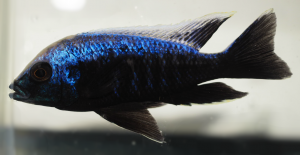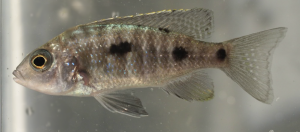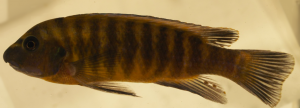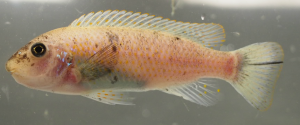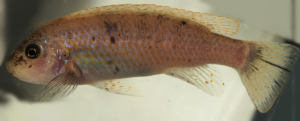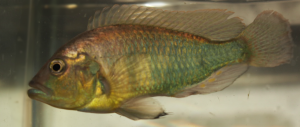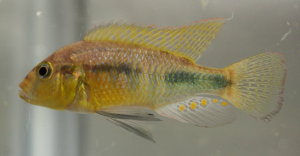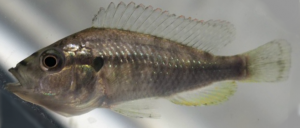This is, so far, the hardest blog prompt I’ve had to respond to. What, they want to know, does the Roberts Lab get out of this whole thing? I’ve already written plenty about what it will do for me and for my students, but what about the people giving up significant portions of their day to help me with procedures, and explain new concepts over and over (and over and over….I think now I finally understand microsatellites!)?
I certainly hope they’re getting something out of it, because they are going way out of their way for me. I knew that I would get to sit in and watch and try out procedures. I had no idea that they would give up work time to help me play fish paparazzo (thanks, Ashley and Mandy!), or dig out their undergrad notes to help me understand a difficult concept (thanks, Erin!), or review my curriculum work with a fine tooth comb (thanks, Ashley and Reade!), or just generally invite me along for anything interesting that’s happening (thanks, everyone!). Either these are the nicest people in the world, or there’s some kind of benefit here for them.
Over these four weeks, I suppose they get the opportunity to do what I do most of the year – share things that they find really interesting with someone who hasn’t heard about them before. But, I think the real payoff comes down the line, because I’m going to take all this stuff back to my classroom and share it with my students and get them really interested. And from there, as in all things with my students, the options are limitless. Maybe someday, one of them will go on to study cichlids, and maybe they’ll even do it in the Roberts Lab!
